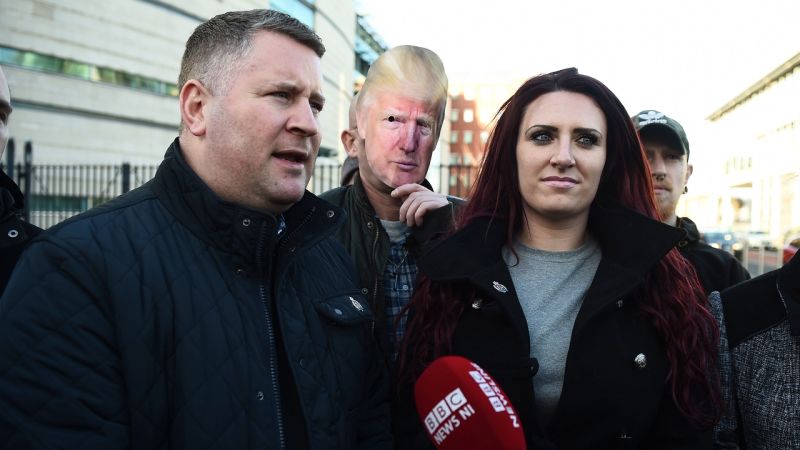Escalating US-China Trade War Sparks Fears of Global Economy
New York, USA: The US-China trade war escalated sharply yesterday, plunging the global economy into uncertainty and dampening hopes of a broader tariff retreat following President Donald Trump’s recent softening of stance toward other trading partners.
The White House clarified that Trump’s latest tariff hike on Chinese imports—announced just a day earlier—brings the total levy on goods from the world’s second-largest economy to a staggering 145%, up from the previously reported 125%, as the increase builds on an earlier 20% tariff. China has responded with its own countermeasures, slapping 84% tariffs on US imports.
- EU suspends counter-tariffs for 90 days after Trump U-turn
- China's 84% levy on US goods comes into effect
- Beijing says tariffs 'goes against the world', curbs Hollywood imports
The renewed tensions between the two economic superpowers cast a long shadow over the optimism sparked by Trump’s decision to pause aggressive tariff actions against countries including EU member states, Vietnam, and even smaller economies. While the US maintained a blanket 10% tariff on most countries, the retreat from more severe measures led the EU to suspend its own planned retaliation.
Stock markets initially soared on news of the tariff pause, with Tokyo's Nikkei closing 9.1% higher, and US indexes rallying on Wednesday. The S&P 500 recorded its largest single-day percentage gain since 2008, while the Nasdaq saw its biggest jump since 2001.
However, the celebratory mood evaporated swiftly. On Thursday, Wall Street reversed course sharply as investors absorbed the implications of deepening trade tensions with China:
-
Dow Jones fell 1,872.86 points (−4.61%)
-
S&P 500 dropped 298.72 points (−5.45%)
-
Nasdaq Composite slid 1,091.78 points (−6.38%)
All major S&P 500 sectors posted losses, with technology and energy falling more than 7% each. Big Tech stocks were hit hard: Apple fell 7%, Microsoft 4.7%, and Nvidia 8.5%. Meanwhile, gold surged to record highs as the US dollar weakened.
Trump defended his tariff strategy as a way to reshape global manufacturing in favor of the US. Commerce Secretary Howard Lutnick echoed that optimism, declaring on social media, “The Golden Age is coming.”
The EU cautiously welcomed Trump’s partial rollback, suspending for 90 days a planned €20 billion retaliation package. EU President Ursula von der Leyen said the bloc is open to negotiations but warned that "if negotiations are not satisfactory, our countermeasures will kick in."
Canada also welcomed the move, with Prime Minister Mark Carney calling it a “welcome reprieve,” adding that Canada would resume trade talks with the US following its April 28 election. Vietnam and Pakistan announced similar initiatives to engage Washington diplomatically.
Beijing, however, struck a more defiant tone. China’s commerce ministry warned the tariffs would “severely” affect the global economy and urged the US to resolve disputes through dialogue based on “mutual respect, peaceful coexistence, and win-win cooperation.”
China’s foreign ministry added that Washington’s actions undermine global trade norms, calling the tariffs “a blatant act that goes against the will of the world.”
Despite the hardening positions, Trump predicted deals would eventually be struck—with China and with others. “A deal’s going to be made with China. A deal’s going to be made with every one of them,” he said.
Still, his economic team signaled that the 10% baseline tariff on most countries is likely to remain. Kevin Hassett, director of the White House National Economic Council, told CNBC that only an “extraordinary deal” would lead to a reduction.



















Comments